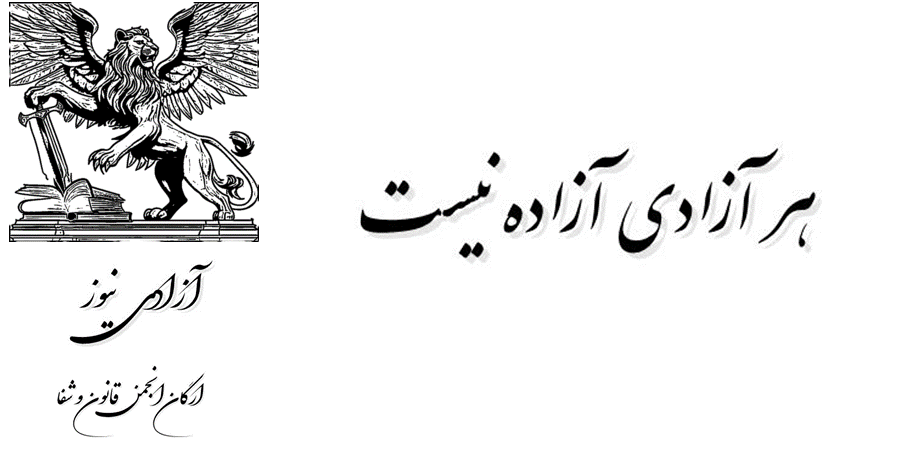Report on the Status of Anti-Immigration and Anti-Islamic Trends in Germany
While the German government is being prosecuted in the International Criminal Court for crimes against humanity, reports indicate that efforts to implement anti-immigration and anti-Islamic trends, as well as restrictions on foreign nationals, especially Muslims, are being advanced through continuous news dissemination and anti-immigration propaganda. These developments have raised serious concerns among immigrant communities and human rights advocates.
Efforts to introduce new anti-immigration and anti-Islamic laws in Germany could directly or indirectly lead to increased discrimination and hatred against Muslim communities and immigrants. These laws may include stricter entry and residency restrictions for immigrants, work and social limitations, and increased monitoring and control over religious and cultural activities. The immigration policy, which results in psychological and mental pressures due to concerns about residency status, strict control over movement and economic activities, and social and occupational restrictions for immigrants and asylum seekers, not only fosters signs of frustration among them and leads to misdemeanors within the vulnerable groups, but also occasionally becomes a tool for economic power display and suppression of their activities and freedom of expression. However, this restriction on freedom of expression is not for accusations and defamation of foreign spaces or third countries; rather, these suffering individuals apparently will never be allowed to criticize the internal environment and the toxic politics of Germany, even if it concerns the bloody arms trades and the devastation of Middle Eastern countries. These activities will always bring the accusation of supporting terrorism upon the asylum seekers.
It is possible that Zionist lobbies, following anti-Zionist demonstrations in support of the Palestinian people, have played a role in these developments within the German government. The influence of lobbies on the domestic and international policy-making of various countries is a complex and sensitive issue that requires thorough investigation.
The Iranian Iranian Canon of Medicine and Law (CanMedLaw), as one of the human rights advocacy organizations, has committed to following up on cases of fear-mongering and hatred against Iranian and Afghan nationals in the European Union. The center intends to collaborate with international human rights organizations and provide credible documentation to defend migrant rights and combat racial and religious discrimination.
The status of migrant and Muslim rights in Germany and other EU countries requires continuous attention and monitoring. The international community and human rights organizations must work together in solidarity to prevent discrimination and human rights violations and to uphold the rights and dignity of all individuals.
Recommendations:
- International Cooperation: Enhance cooperation among human rights organizations, international bodies, and governments to pursue and address human rights violations.
- Awareness: Promote global awareness of the consequences of anti-immigration and anti-Islamic laws.
- Documentation: Collect and present credible documentation to defend the rights of migrants and Muslims in international courts.
- Diplomatic Pressure: Apply diplomatic pressure on governments involved in human rights violations to retract their discriminatory policies.
The Iranian Canon of Medicine and Law will continue to monitor the situation of Iranian and Afghan nationals in the European Union and will spare no effort to defend their human rights and dignity.

